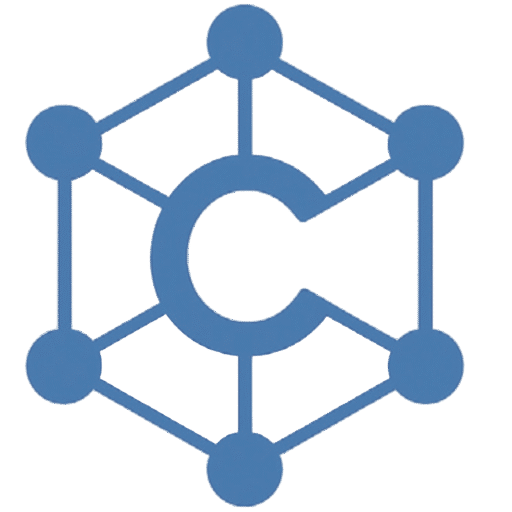CORELIUM (COR)
AI × DATA × BLOCKCHAIN
THE INTELLIGENT VALUE LAYER FOR THE AI ECONOMY
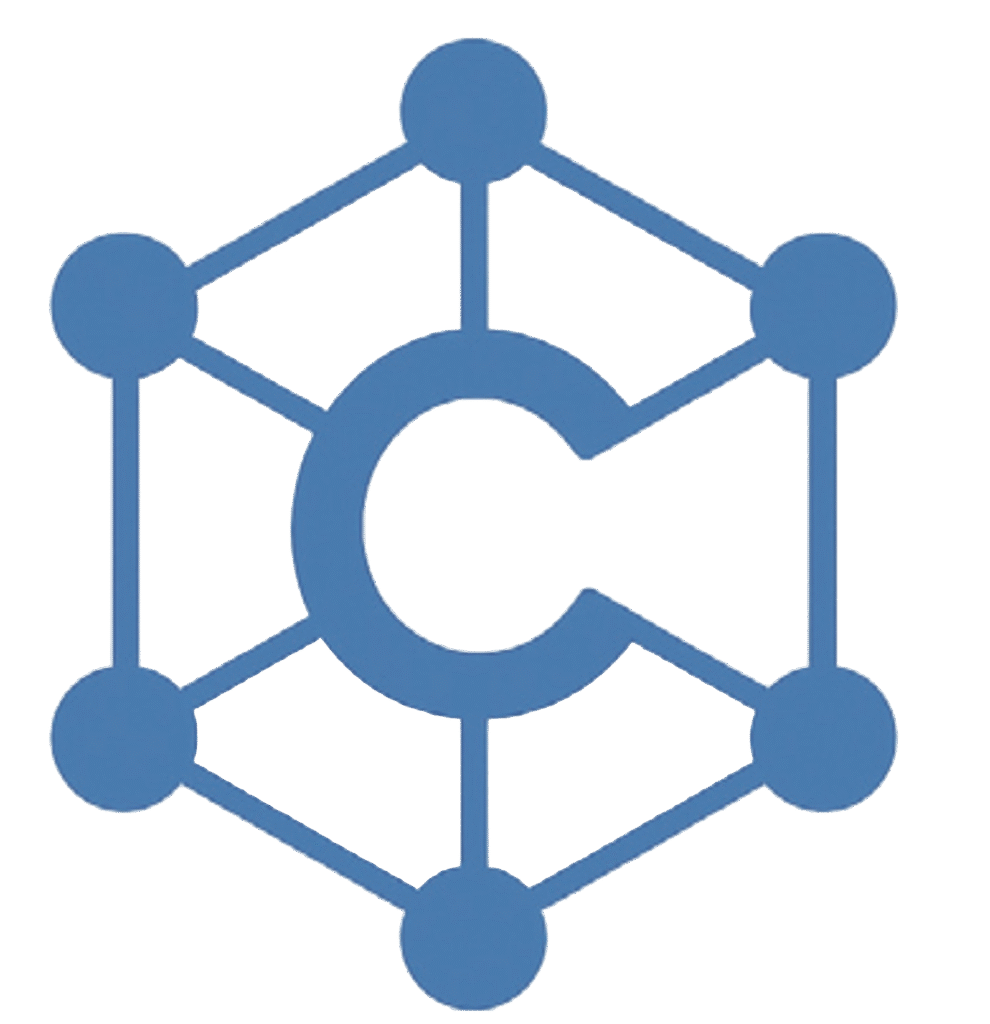
PROJECT OVERVIEW
MISSION
Corelium (COR) is committed to building the value layer protocol for the AI era. We believe the true potential of AI depends not only on algorithms but also on the fair distribution of data, computing power, and collaboration.
Corelium transforms AI training and data transactions into a transparent, accountable, and participatory blockchain ecosystem, empowering enterprises, developers, and individuals alike.
VISION
Ensuring AI’s value belongs to its contributors, not monopolists.
In the future, anyone will be able to participate in the AI economy through Corelium tokens:
- Individuals can rent out idle computing power for income.
- Enterprises can securely trade datasets.
- Developers can upload AI models on-chain and earn ongoing royalties.
Communities can collectively govern the AI ecosystem and decide resource allocation. The ultimate goal of Corelium is to become the “Ethereum” of AI and data economics — the next-generation intelligent value settlement layer.
CORE VALUES
- Decentralized Fairness: Breaking tech giants’ monopoly over data and computing resources.
- Real Value Generation: Income comes from real AI data and compute transactions, not speculation.
- Cross-Industry Applications: Supporting diverse AI scenarios in healthcare, finance, manufacturing, and research.
- Technological Foresight: Leveraging Layer 2, privacy computing, and distributed computing networks to meet high-frequency AI demands.

INDUSTRY BACKGROUND & MARKET OPPORTUNITY
THE AI INDUSTRY BOOM
- The global AI market reached USD 1.6 trillion in 2024 and is projected to exceed USD 15 trillion by 2030.
- Applications such as GPT, generative AI, and medical imaging AI are driving unprecedented demand for computing power and data.
THREE STRUCTURAL PROBLEMS
- Computing Power Monopoly: A few tech giants (e.g., NVIDIA, Google Cloud, AWS) control over 80% of AI training compute, keeping costs extremely high.
- Data Silos: Enterprises and research institutions lack unified standards for sharing data, keeping information locked in closed systems.
- Opaque Model Value Distribution: AI developers cannot earn fair, ongoing returns from long-tail applications.
CORELIUM’S OPPORTUNITY
Corelium is not “just another cryptocurrency,” but the infrastructure for the AI & data economy:
- Build a decentralized computing marketplace enabling global GPU/TPU resources to flow freely.
- Promote data assetization, making data traceable, tradable, and revenue-generating.
- Create an AI model staking platform, turning models into yield-generating assets.
- Use COR tokens as the unified settlement tool connecting compute, data, models, and governance.
MARKET CONCLUSION:
AI + Blockchain = the next multi-trillion-dollar infrastructure market. Corelium will serve as the first-layer value protocol, establishing a truly decentralized economic engine for AI.
CORELIUM ECOSYSTEM OVERVIEW
Corelium is not just a token but a complete AI × Data × Blockchain ecosystem, built on three core modules:
CORELIUM COMPUTE (DECENTRALIZED COMPUTING MARKETPLACE)
Function: A decentralized GPU/TPU leasing platform
Payment Method: All compute rentals are paid in COR.
Payment Method: All compute rentals are paid in COR.
- Compute providers (individuals,
mining farms, data centers). - Compute consumers (AI developers, enterprises, research institutions).
Payment Method: All compute rentals are paid in COR.
- Distributed architecture reduces
costs by 30–50%. - Smart contracts provide instant settlement.
- Compute contributors earn COR plus DAO governance rights.
CORELIUM DATA HUB (DATA ASSET MARKETPLACE)
Function: Standardize, tokenize, and trade data
Significance:
- Breaks down data silos.
- Allows data suppliers to earn ongoing revenue.
- Establishes a trusted data-sharing network.
Features
- Supports medical, financial, IoT, and research datasets.
- NFT technology ensures data uniqueness and ownership rights.
- Transaction fees partially burn COR, creating a deflationary effect.
CORELIUM MODEL HUB (AI MODEL STAKING PLATFORM)
Function: On-chain AI models licensed via COR staking
Revenue Model:
- Developers earn COR via API calls.
- Users pay based on usage volume.
- DAO automatically allocates 10% of revenue to the Model Developer Fund

TECHNICAL ARCHITECTURE
LAYER 2 AI PROTOCOL
- ZK-Rollup Technology: Batch processes transactions, reducing fees.
- High-Frequency Microtransactions: Handles over 50,000+ API calls per second.
- Privacy Protection: Zero-knowledge proofs safeguard data and model confidentiality.
DISTRIBUTED COMPUTE PROTOCOL (CORELIUM COMPUTE)
- Compute Nodes: Supports personal GPUs, cloud clusters, enterprise HPCs.
- Task Scheduling: AI algorithms automatically match compute resources.
- Revenue Settlement: Smart contracts execute instant payments with no intermediaries.
DATA ASSET STANDARDIZATION (DATA TOKENIZATION)
- Generates a unique NFT (Data-NFT) for each dataset.
- Records ownership, transaction history, and licensing terms.
- Supports on-chain licensing and royalty payments for long-term provider income.
SMART CONTRACTS & SECURITY
- Full Audits: Collaborates with CertiK, Quantstamp for security.
- Tamper-Proof: All transactions are recorded on-chain, immutable.
- DAO Governance: Community decides protocol upgrades and fee structures.
TECHNICAL VISION:
Corelium is not “an AI application,” but the infrastructure layer for AI.
TOKENOMICS
Corelium (COR) is the core value carrier of the entire ecosystem, serving as payment, governance, staking, and a deflationary mechanism.
Token Name
Corelium
Ticker
COR
Total Supply
500 million
Consensus
PoS + DAO Governance
| CATEGORY | PERCENTAGE | DESCRIPTION |
|---|---|---|
| Public Sale | 30% | Community participation, exchange offerings |
| Private Sale | 20% | Early investors & strategic partners |
| Team | 15% | 4-year linear vesting |
| Ecosystem Fund | 20% | Developer grants, compute subsidies |
| DAO Treasury | 10% | Governance and long-term incentives |
| Liquidity Reserve | 5% | Market liquidity & depth |
TOKEN UTILITY
Data Transactions:
Payment for datasets and AI model API calls.
Staking for Governance:
DAO voting requires COR staking.
Fee Burning:
1–2% COR burned per transaction.
Developer Rewards:
Model contributors receive COR revenue shares.
DEFLATIONARY MECHANISM
- 1–2% of COR burned per transaction.
- 20% of platform revenue used for market buybacks.
- COR staked for model licensing is locked, reducing circulation.
KEY CONCLUSION:
Corelium’s value is driven not by speculation but by real demand from the AI industry through tokenization.
REVENUE MODEL & VALUE CREATION
Corelium’s value comes from real AI and data market demand, not speculation. The entire ecosystem adopts a use-and-burn model to generate sustainable cash flow and token scarcity.
COMPUTE MARKETPLACE REVENUE
- Users (AI developers, enterprises) pay COR to rent computing resources.
- Providers receive 80% revenue, 20% goes to DAO Treasury.
- DAO Treasury partially uses funds for COR buybacks, supporting token value.
DATA MARKETPLACE REVENUE
- All dataset trades require COR.
- A 2% transaction fee applies:
- 50% burned.
- 50% to DAO Treasury for development & community incentives.
AI MODEL STAKING & API REVENUE
- Models on-chain require COR staking for licensing.
- API calls are paid in COR.
- DAO allocates 10% of API revenue to the Developer Fund.
DAO GOVERNANCE & FUND FLOW
- DAO decides fee rates, buyback plans, developer grants.
- All fund flows are transparent via on-chain voting and contracts.
VALUE FORMULA:
More compute demand → more COR usage → more token burning → higher scarcity → token appreciation.
SOCIAL VALUE & USE CASES
Corelium is more than a blockchain project — it is AI industry infrastructure with real cross-sector applications.
ENTERPRISE APPLICATIONS
- Healthcare: Hospitals trade medical imaging datasets via Corelium Data Hub for AI diagnostics.
- Finance: Banks & quant firms use compute network for risk modeling.
- Manufacturing: Companies deploy predictive maintenance AI models to cut costs.
GOVERNMENT & RESEARCH INSTITUTIONS
- Public datasets shared via Data Hub under compliance.
- Supports academic AI research with verifiable data usage.
AI MODEL STAKING & API REVENUE
- API calls are paid in COR.
- DAO allocates 10% of API revenue to the Developer Fund.
DECENTRALIZED AI INFRASTRUCTURE
- Global decentralized compute, data, and model layers for AI.
- Replaces centralized cloud monopolies for open AI economy.
VALUE POSITIONING:
Corelium = AI’s decentralized “AWS + Data Marketplace + App Store.”
DAO GOVERNANCE & COMMUNITY
Corelium operates under a DAO model, giving all participants decision-making power over ecosystem development.
DAO STRUCTURE
Token Voting: COR holders vote on proposals.
Proposal Rights: Stakers of 10,000+ COR can submit proposals.
Delegated Governance: Voting power can be delegated to representatives.
DAO TREASURY FLOW
20% of platform revenue goes to DAO Treasury.
Uses include:
- COR buybacks.
- Developer grants.
- Marketing & community rewards.
- Compliance & audit funds.
COMMUNITY INCENTIVES
Testnet participation rewards with COR airdrops.
- Open-source contributions rewarded with COR.
- Hackathons & AI competitions to attract developers.
GOVERNANCE VISION
DAO ensures Corelium is owned by the global community, not a single entity
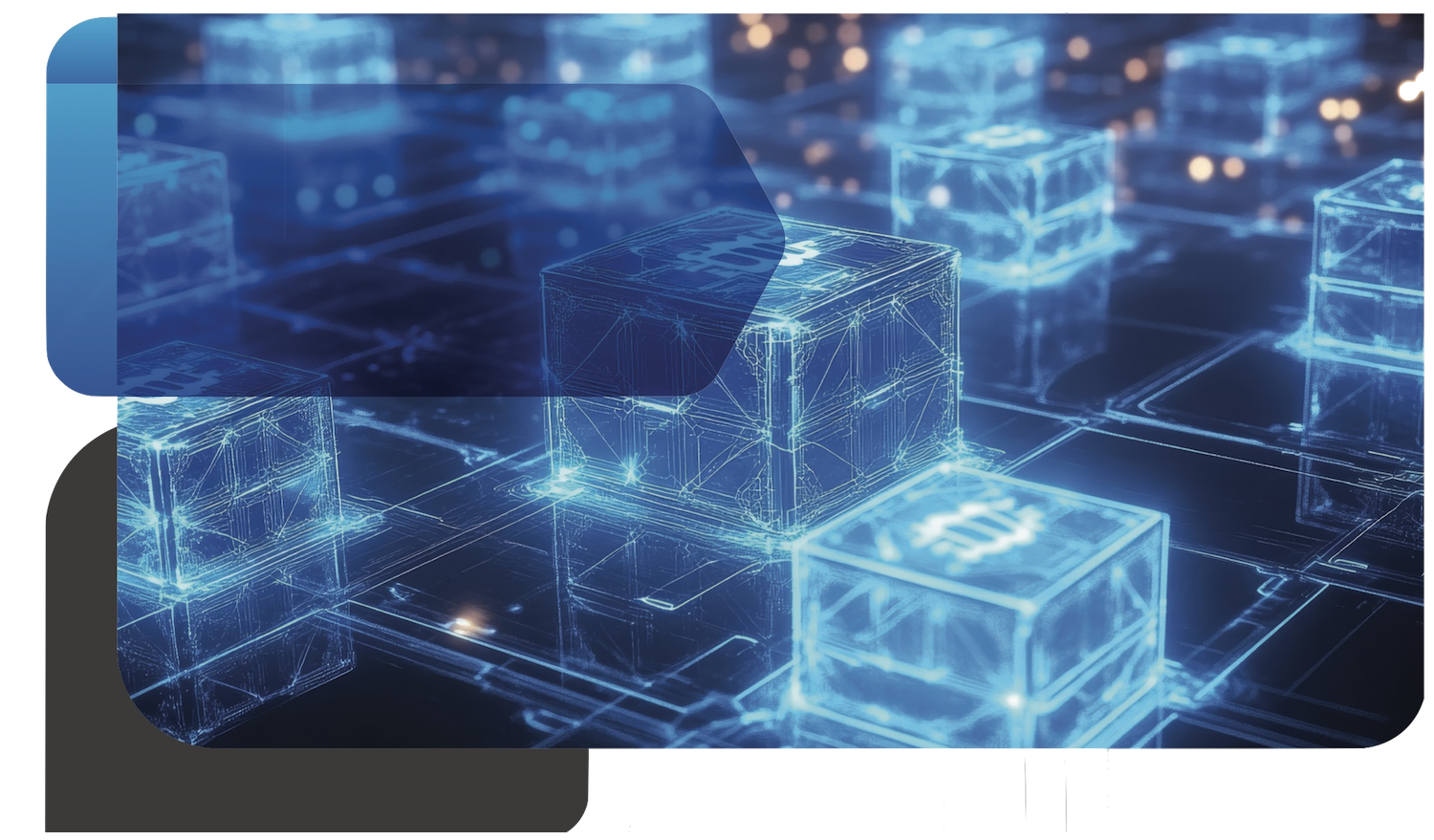
ROADMAP
2025 Q4
- Publish Whitepaper V1.0.
- Launch testnet.
- Deploy initial compute nodes.
- Beta release of data marketplace.
- Release DAO governance draft.
2026 Q2
- Mainnet launch.
- Compute marketplace goes live.
- Launch tokenized data asset trading.
- Enable model onboarding & API calls.
- Partner with 10+ AI startups.
2026 Q4
- DAO governance live.
- COR buyback mechanism active.
- Cross-chain support (Ethereum,
Polygon, Solana). - Launch AI Developer Grants Program.
2027 Q2
- Hybrid compute with major
cloud providers. - Expand global data marketplace (healthcare, finance, manufactur-
ing). - Deploy privacy-preserving AI protocols.
- Launch AI Model NFT market-
place
2028+
- 1,000+ global compute nodes.
- Public data infrastructure partnerships with governments & research institutions.
- Become a decentralized AI supercomputing platform.
ULTIMATE GOAL
Global settlement layer for AI & data economy.
PARTNERSHIPS
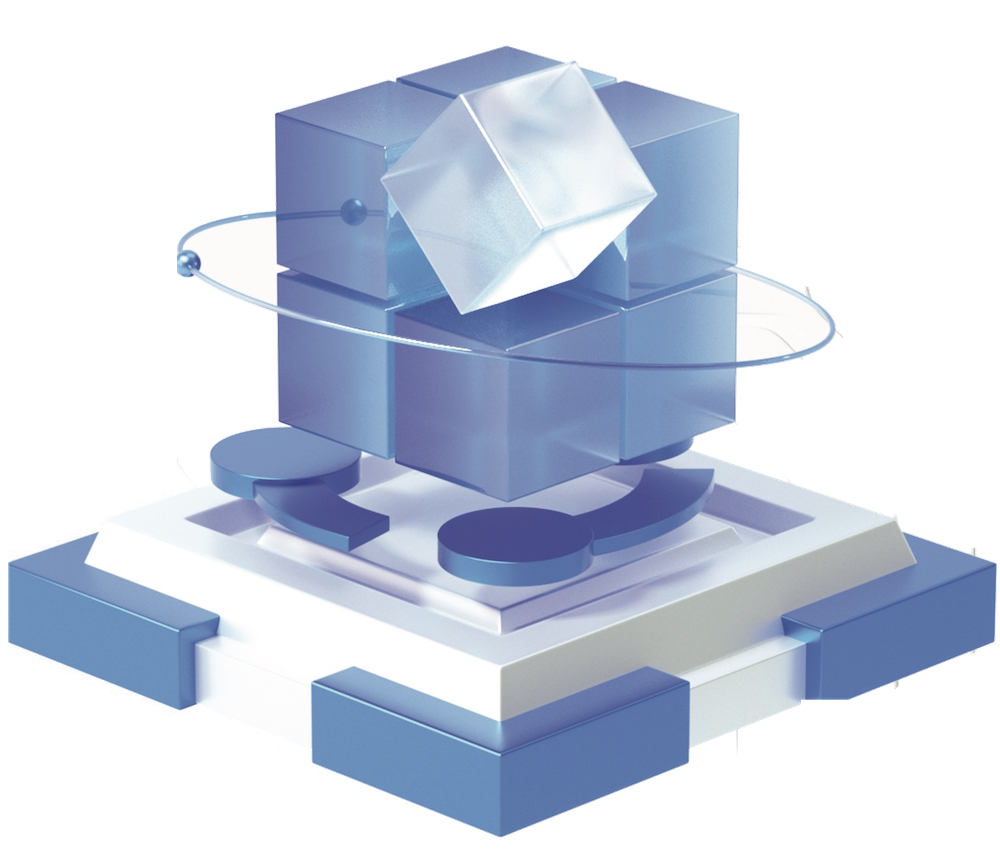
TECHNICAL PARTNERS
- Compute suppliers: Akash, Render Network.
- L2 partners: ZK-Rollup solutions (StarkNet, zkSync).
- AI frameworks: TensorFlow, PyTorch, JAX.
INDUSTRY PARTNERS
- Healthcare: Medical AI firms for imaging dataset exchange.
- Finance: Quant trading firms for high-f requency compute.
- Manufacturing: AI-optimized smart factory platforms
ACADEMIC & RESEARCH PARTNERS
- AI Labs at leading universities.
- Corelium Research Fund to support decentralized AI R&D.
ECOSYSTEM GROWTH PLANS
- Developer Grants.
- Community Node Program.
- Strategic AI/data industry alliances.
PRINCIPLE
Open protocol where every participant is an AI economy builder.
LEGAL & COMPLIANCE
LEGAL FRAMEWORK
- Registered in Singapore (Web3-friendly jurisdiction).
- Annual DAO treasury audit by Big Four firms.
- Global blockchain legal advisors for compliance.
REGULATORY STRATEGY
- KYC/AML: FATF-compliant user verification.
- Data Compliance: GDPR, CCPA adherence.
- Token Sale Compliance: SEC & MAS guidelines.
SECURITY AUDITS
- Smart contract audits by CertiK, Quantstamp.
- Multi-signature governance for DAO contracts.
- Ongoing bug bounty programs.
Conclusion:
Corelium is both technically innovative and regulation-ready.
LEGAL & COMPLIANCE

TECHNICAL RISKS
- Scalability issues with large AI workloads.
- Reliability of distributed compute nodes.
- Integration complexity of privacy AI & cross-chain tech.

MARKET RISKS
- Intense competition in decentralized compute/data sectors.
- AI investment cycles may fluctuate.
- Adoption rate of decentralized AI
solutions uncertain.

LEGAL & COMPLIANCE RISKS
- Varying regulations for crypto & AI data.
- High cost of cross-border compliance.

GOVERNANCE & COMMUNITY RISKS
- DAO decision-making speed.
- Community participation levels.
LEGAL & COMPLIANCE
CEO – ETHAN CALDWELL
ex-Google Cloud AI Director, MIT CS MSc, 15 years AI/distributed systems.
CTO – DR. LIN MEI
ex-NVIDIA HPC Architect, Stanford CS PhD
CHIEF ECONOMIST – SOFIA MARTINEZ
ex-World Bank data economy expert, LSE PhD
CHIEF COMPLIANCE OFFICER – MICHAEL TAN
ex-PwC blockchain compliance, GDPR/KYC/AML specialist.
ADVISORS
Prof. Daniel Kim (AI privacy), Laura Chen (ex-ConsenSys), Rajesh Patel (ex-AWS).
TOKEN ALLOCATION
| CATEGORY | PERCENTAGE | VESTING |
|---|---|---|
| Public Sale | 30% | Fully liquid at launch |
| Private Sale | 20% | 12-month lock, then 12-month linear |
| Team | 15% | 12-month lock, then 36-month linear |
| Ecosystem Fund | 20% | Grants & subsidies |
| DAO Treasury | 10% | DAO-voted allocation |
| Liquidity Reserve | 5% | Market-making & liquidity |
VALUE SUPPORT:
- Buyback & burn (20% revenue).
- Mandatory COR usage in compute/data trades.
- DAO staking locks tokens.
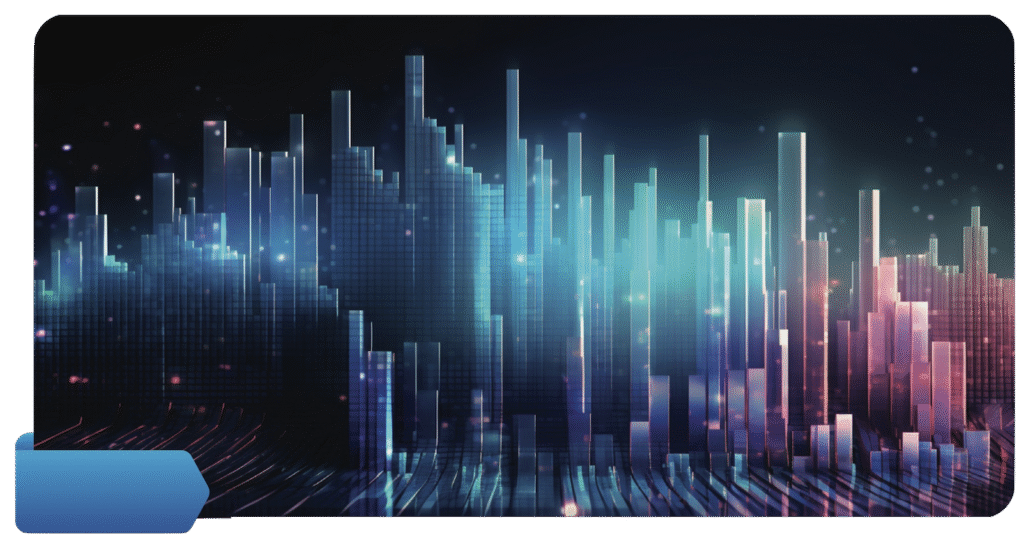
COMPETITIVE ANALYSIS
| PROJECT | FOCUS | TECH | GOVERNANCE | TOKEN USE | DIFFERENTIATOR |
|---|---|---|---|---|---|
| RENDER NETWORK | COMPUTE | GPU LEASE | SEMI- CENTRAL | COMPUTE PAYMENT | IMAGE RENDERING ONLY |
| OCEAN PROTOCOL | DATA TRADING | L1 | DAO | DATA TRADE FEE | NO COMPUTE INTEGRATION |
| FETCH.AI | AI AGENTS | CUSTOM L | DAO | AGENT PAYMENTS | NO DATA ASSET STANDARD |
| CORELIUM | AI INFRA | L2 | DAO | COMPUTE + DATA + MODELS | TRIPLE CLOSED-LOOP |
EXPANSION PLANS
Short-Term (2025–2026)
- Mainnet, compute/data markets live.
- 50+ global compute nodes.
- 10+ AI startup partnerships.
- Developer grants program.
Mid-Term (2027–2028)
- Privacy-preserving AI protocol.
- AI Model NFT marketplace.
- 500+ global compute nodes.
- Enterprise adoption in healthcare, finance, manufacturing.
Long-Term (2029+)
- Cross-chain AI training protocol.
- Global AI/data economy standardization.
- Public AI infrastructure alliance.
- Fully decentralized AI economy governance
CONCLUSION
Corelium breaks AI monopolies by redefining value distribution of compute, data, and models.
FOR INVESTORS
COR is an AI economy base asset with long-term potential.
FOR DEVELOPERS
A decentralized AI app/data store for monetization.
FOR ENTERPRISES & COMMUNITIES
A secure, compliant AI infrastructure.
